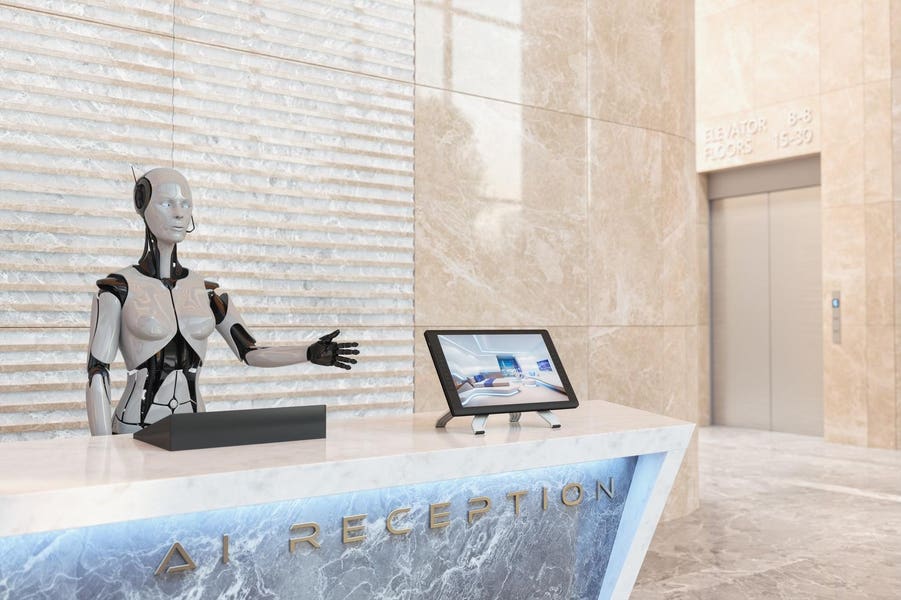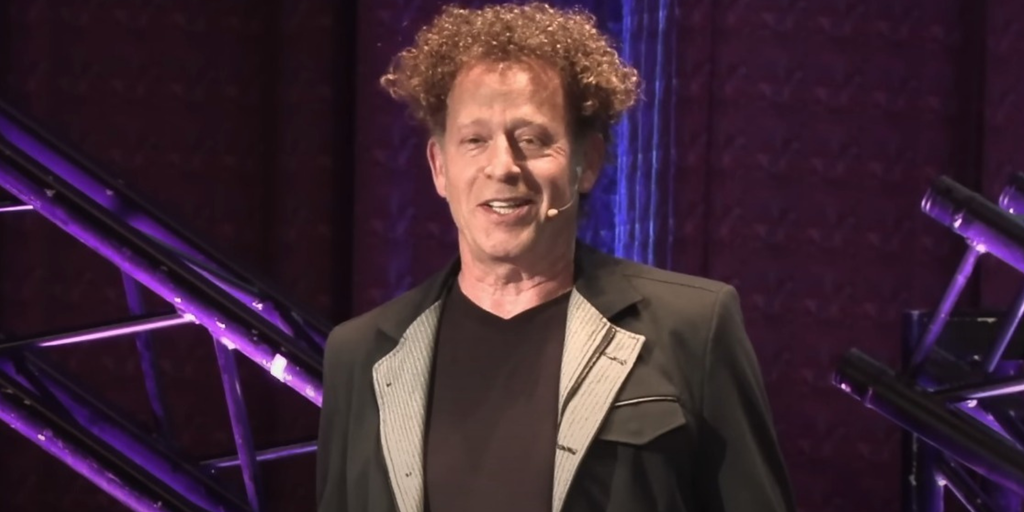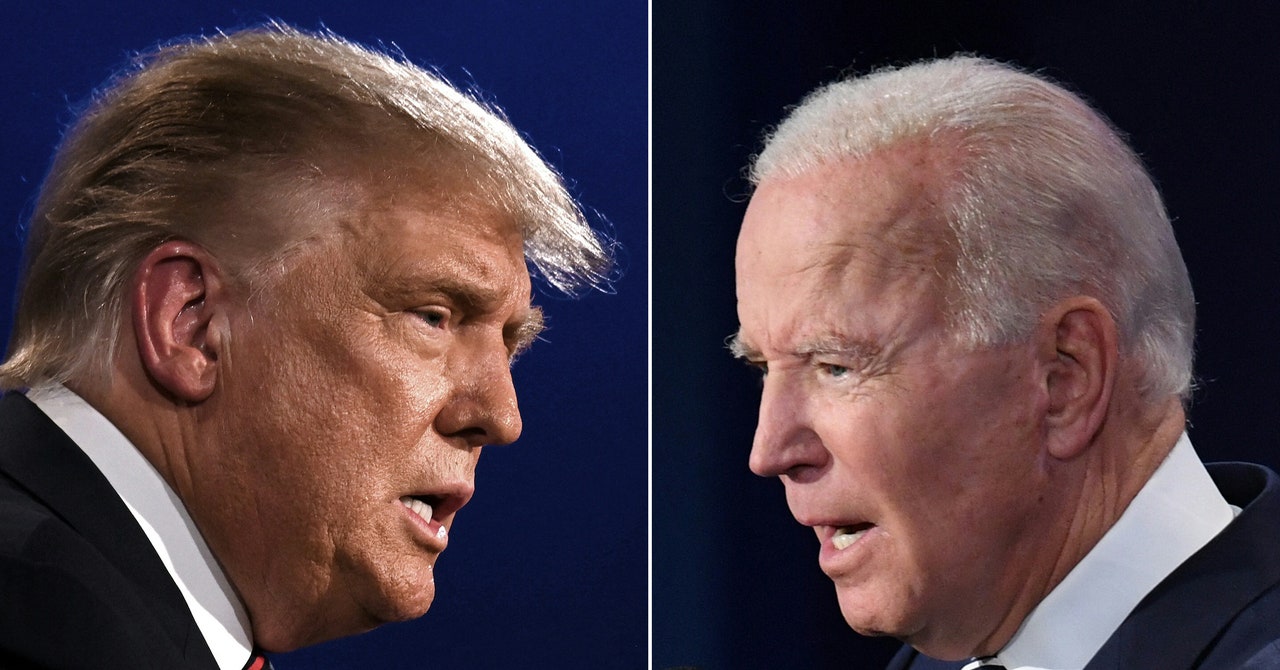The incorporation of Artificial Intelligence (AI) into the hospitality sector represents a notable transformation in how hotels provide customer service. Within an industry where tailored experiences are paramount, AI presents a wide array of possibilities to elevate guest contentment and streamline operations. Let’s delve into the diverse ways in which hotels leverage AI to enrich the customer journey, accompanied by practical illustrations, and contemplate future AI applications in this domain.
Personalized Guest Experiences Through AI
The utilization of AI to personalize the guest journey, from arrival to departure, is gaining momentum in hotels. An exemplary case is Hilton’s Connie, leveraging IBM Watson’s AI capabilities to serve as a concierge, furnishing guests with details on hotel amenities, dining suggestions, and local attractions. Similarly, The Cosmopolitan in Las Vegas employs an AI chatbot named Rose, enabling guests to seek information via text, ranging from restaurant reservations to insider tips about the city.
AI is also revolutionizing in-room experiences. Marriott International has trialed AI-driven assistants in rooms, empowering guests to regulate room settings such as lighting, temperature, and entertainment systems through voice commands. This not only enhances convenience but also tailors the experience for each guest based on their preferences.
Operational Efficiency and Service Optimization
AI is pivotal in enhancing operational efficiency within hotels. For instance, AI-powered tools are instrumental in inventory management, as well as predicting and managing stock levels for essentials like linens and toiletries. This ensures that the hotel consistently meets guest requirements without excess inventory, leading to cost efficiencies. Regarding service, AI aids in managing housekeeping schedules and workflows. By analyzing data on guest check-ins and check-outs, AI algorithms can optimize housekeeping routes and schedules, ensuring rooms are cleaned and prepared with utmost efficiency.
AI in Customer Service and Interaction
Customer service in hotels has undergone a notable AI-driven transformation. AI chatbots on hotel websites and social media platforms deliver instantaneous responses to guest inquiries, enhancing the booking experience. For instance, Edwardian Hotels’ AI chatbot, Edward, assists guests with queries ranging from room amenities to requests for additional amenities, enriching the overall service quality. Moreover, AI is employed to analyze guest feedback from diverse platforms. Tools like TrustYou utilize AI to sift through online reviews and surveys, extracting insights that aid hotels in enhancing their services and addressing specific guest needs.
AI in Marketing and Personalization
In the realm of marketing, AI empowers hotels to provide personalized experiences to guests even before their arrival. By scrutinizing guest data, AI systems can craft customized marketing campaigns and offer tailored packages. For example, AccorHotels deploys AI to analyze guest preferences and booking history, enabling the delivery of personalized offers and recommendations, fostering heightened guest engagement and loyalty. Furthermore, AI-driven data analytics assist hotels in comprehending market trends and customer behavior, facilitating strategic decision-making and targeted marketing endeavors.
Future Potential of AI in Hotels
Looking ahead, AI holds the promise of further revolutionizing the hotel industry. Virtual reality (VR) tours are evolving towards becoming standard practice. Hotels could integrate AI with VR to present virtual property tours, enabling guests to immerse themselves in the hotel ambiance before making a reservation. Predictive room service is on the horizon, where AI will anticipate guests’ room service needs based on past behavior, proactively inquiring if they wish to place an order. AI-Powered Sustainability Initiatives are also emerging, contributing to energy management and sustainability endeavors by optimizing electricity and water consumption in hotels. Enhanced security measures are another prospective area where AI can bolster hotel security by detecting suspicious behavior or unattended items through surveillance systems. Lastly, the normalization of robotic staff for basic tasks is imminent. AI-powered robots could undertake rudimentary duties such as delivering room service or providing information, introducing a novel element to the guest experience while enhancing efficiency.
The integration of AI into the hotel industry signifies not merely a passing trend but a fundamental shift, presenting innovative solutions to enhance both operational effectiveness and the guest journey. As technology progresses, the potential for AI in hotels is limitless, promising not only heightened efficiency and guest satisfaction but also innovative and personalized guest interactions. Hotels at the forefront of AI adoption are spearheading the delivery of exceptional service, establishing new benchmarks in hospitality, and shaping the future of guest experiences in the digital era.










